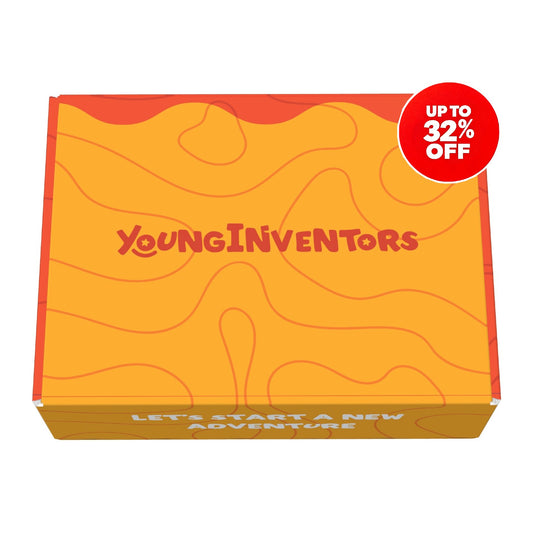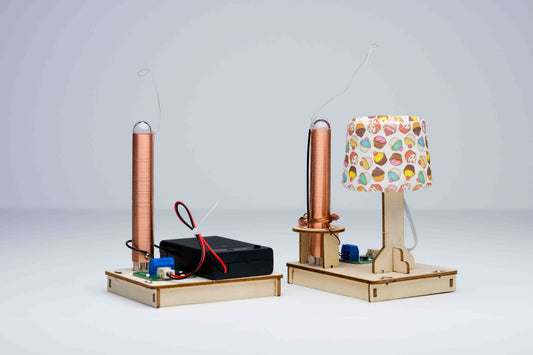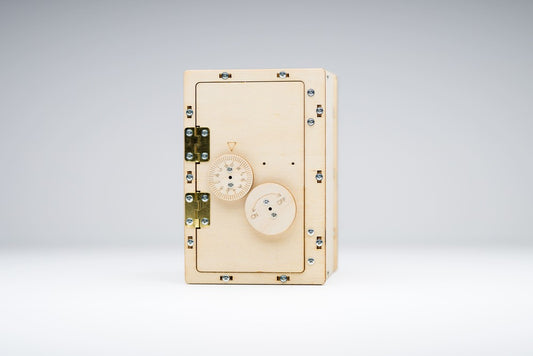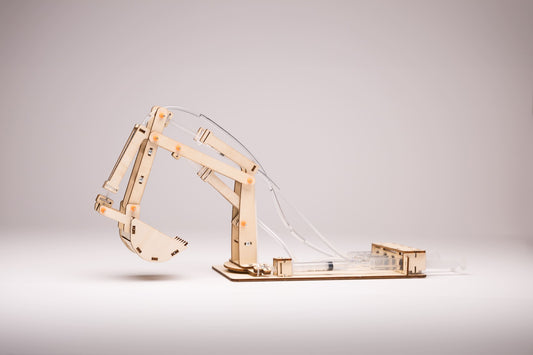Mathematics is a fundamental skill that can be both fun and engaging for children when approached in the right way. With the philosophy of Young Inventors in mind, we can turn learning math into an enjoyable experience through games and activities. These math games are designed to improve numeracy skills while keeping children entertained. Here are some playful yet educational math games that parents and educators can use.
1. Math Bingo
Materials Needed: Bingo cards with numbers, markers, math problem cards. How to Play: Create or print out bingo cards with answers to math problems. Call out math problems (e.g., 5+3), and children mark the corresponding answer on their cards. The first to complete a line shouts "Bingo!"
2. Fraction Pizza
Materials Needed: Paper plates, colored paper or markers. How to Play: Children create their own 'pizza' using paper plates and colored paper for toppings. They then divide the pizza into fractions (halves, thirds, quarters), learning about fractions in a tangible and delicious way.
3. Math Treasure Hunt
Materials Needed: Numbered clues, small prizes or treats. How to Play: Set up a treasure hunt where each clue involves solving a math problem to find the next location. For example, "Find the place with twice the number of chairs as tables." This game encourages problem-solving and arithmetic skills.
4. Flashcard Challenge
Materials Needed: Math flashcards. How to Play: Use flashcards for a quick-fire math challenge. Show your child a card, and they have to provide the answer as quickly as possible. This can be turned into a fun competition among siblings or friends.
5. Shape Scavenger Hunt
Materials Needed: None. How to Play: Assign children the task of finding objects in the house or outdoors that match certain shapes. This helps with geometry skills and spatial awareness.
6. Math Puzzles and Riddles
Materials Needed: Math puzzle and riddle worksheets or books. How to Play: Solve math puzzles and riddles together. These can range from simple arithmetic puzzles to more complex brainteasers depending on the child’s age and skill level.
7. Hopscotch Math
Materials Needed: Chalk, pavement or a homemade hopscotch mat. How to Play: Draw a hopscotch grid with numbers. Call out math problems, and children hop to the correct answer. This game combines physical activity with math practice.
8. Math Story Time
Materials Needed: Storybooks with math concepts. How to Play: Read storybooks that incorporate math concepts. After reading, discuss the math involved and solve any problems presented in the story together.
9. Measurement Race
Materials Needed: Measuring tape, various household items. How to Play: Children measure different items and record their lengths, widths, and heights. This helps them understand measurement and the units used.
10. Online Math Games
Recommended: Websites or apps with educational math games. How to Use: Utilize educational websites or apps that offer interactive math games. These can range from basic arithmetic to more advanced math challenges.
Math doesn't have to be daunting or tedious. With these fun and educational math games, children can enjoy learning math while improving their skills. By incorporating these activities into their routine, parents and educators can help children view math as an enjoyable and integral part of everyday life, in line with the innovative spirit of Young Inventors.
For more engaging and educational STEM activities, including math games, visit Young Inventors. Let's make learning math a fun and rewarding experience for our children!





